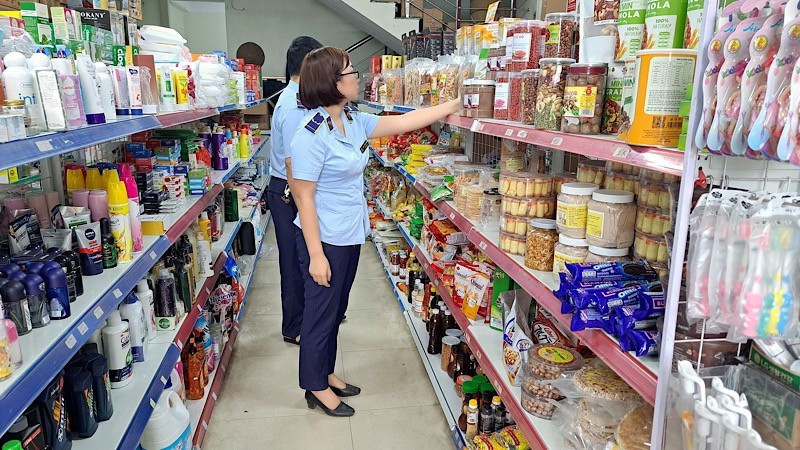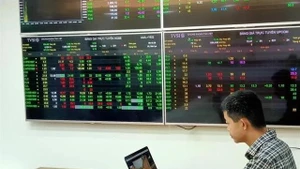In particular, the market management force holds a key position in both maintaining discipline and creating a safe and favourable environment for domestic trade to develop healthily.
Notably, since the two-tier government apparatus came into operation, the role and tasks of this force at the grassroots level have become even more necessary. The market is constantly moving, violations occur at any time, requiring the enforcement force to act faster, more effectively, with a higher sense of responsibility.
According to the report of the Department of Domestic Market Management and Development under the Ministry of Industry and Trade, in the first 7 months of 2025, the market management force nationwide inspected 13,719 cases, handled 12,037 violations with a total administrative fine of 317 billion VND, collected more than 179 billion VND for the state budget, and transferred 110 cases with signs of criminality to the investigation agency.
Despite efforts and determination to carry out tasks with encouraging results, it must be frankly acknowledged that market management and supervision work still has many difficulties, obstacles and limitations that are not easy to overcome.
In some places, the assignment of responsibilities is not reasonable, in some places one officer has to cover a large area, with a large population, and complex trade; from there, leading to subjects taking advantage of smuggling, trade fraud, production and trade of counterfeit and poor quality goods.
In addition, one of the major barriers of the market management force at the grassroots level is the lack of specialised staff, which limits and prolongs the handling of complex cases. In key areas, the workload, especially during peak trading periods, often exceeds the capacity to respond. Working conditions and means of operation in many communes and wards are still lacking, and the application of information technology is not yet synchronised.
As a result, the response speed to market fluctuations is slower than in reality, reducing the effectiveness of detecting and promptly handling violations. In addition, the coordination between other functional forces at the grassroots level is sometimes not smooth, leading to overlap or omission of cases.
This reality shows that if the market is to be stable at the grassroots level, the market management force must be truly strong in both organisation and human resources, in both means and methods.
It is necessary to promptly review and rearrange market management officials, ensuring that each locality has cadres who have a firm grasp of the situation; continue to train and foster professional skills and competence for enforcement forces, especially the capacity to inspect and handle violations in the e-commerce environment and logistics services, and consider this an important and regular task.
Sectors and levels need to pay attention and allocate resources to improve working conditions, equip modern monitoring equipment, expand the application of digital technology to connect information in a timely manner, and coordinate between enforcement forces.
Although technology and equipment are important, the decisive factor is still people. Each market management official at the grassroots level must clearly understand the responsibility to maintain commercial discipline with a high sense of responsibility, and be ready to “0work twice or three times harder” to ensure the smooth and transparent operation of the market.
















